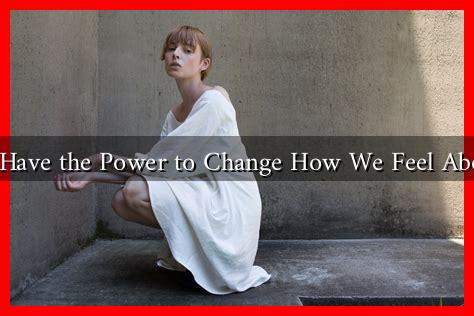-
Table of Contents
Does Fashion Have the Power to Change How We Feel About Ourselves?
Fashion is often seen as a superficial aspect of life, but its impact on our self-perception and emotional well-being is profound. The clothes we wear can influence our mood, confidence, and even our interactions with others. This article explores the psychological effects of fashion, how it shapes our identity, and the potential it has to empower individuals.
The Psychology of Fashion
Fashion is not just about aesthetics; it is deeply intertwined with psychology. The way we dress can significantly affect our self-esteem and how we perceive ourselves. According to a study published in the journal *Social Psychological and Personality Science*, clothing can influence our cognitive processes and emotional states. This phenomenon is often referred to as “enclothed cognition,” which suggests that the clothes we wear can affect our mental state and behavior.
How Clothing Affects Self-Perception
Wearing certain types of clothing can evoke different feelings and attitudes. Here are some ways fashion impacts self-perception:
- Confidence Boost: Wearing clothes that fit well and reflect personal style can enhance self-confidence. A well-tailored suit or a favorite dress can make individuals feel more powerful and self-assured.
- Emotional Expression: Fashion allows individuals to express their emotions and personality. Bright colors may evoke happiness, while darker tones might reflect a more serious mood.
- Social Identity: Clothing can signify belonging to a particular group or culture. Wearing specific styles can foster a sense of community and acceptance.
Case Studies and Real-Life Examples
Numerous case studies illustrate the transformative power of fashion. For instance, the “Dressing for Success” concept emphasizes that professional attire can enhance performance in the workplace. A study by the *Journal of Experimental Social Psychology* found that participants who wore formal clothing performed better on cognitive tasks than those in casual attire.
Another example is the impact of fashion on body image. The #BodyPositivity movement has encouraged individuals to embrace their bodies, regardless of societal standards. Brands like Aerie and Savage X Fenty have made strides in promoting inclusivity by featuring models of various sizes and backgrounds, which has positively influenced how consumers feel about themselves.
The Role of Fashion in Empowerment
Fashion can be a powerful tool for empowerment, particularly for marginalized groups. Here are some ways fashion fosters empowerment:
- Self-Expression: Fashion allows individuals to express their identity and beliefs. For example, LGBTQ+ individuals often use fashion to assert their identity and challenge societal norms.
- Breaking Stereotypes: Designers like Christian Siriano have challenged traditional beauty standards by showcasing diverse models on the runway, promoting the idea that beauty comes in all forms.
- Economic Empowerment: The rise of sustainable fashion has led to the creation of ethical brands that empower artisans and workers in developing countries, providing them with fair wages and working conditions.
Statistics That Speak Volumes
Several statistics highlight the connection between fashion and self-esteem:
- According to a survey by *Dove*, 80% of women feel that the way they look affects their self-esteem.
- A study by *The American Psychological Association* found that individuals who engage in fashion and self-care practices report higher levels of happiness and life satisfaction.
- Research from *The Fashion Institute of Technology* indicates that 70% of people believe that wearing their favorite outfit can improve their mood.
Conclusion
Fashion is far more than a means of covering our bodies; it is a powerful tool that can shape our self-perception and emotional well-being. From boosting confidence to fostering empowerment, the clothes we wear can significantly influence how we feel about ourselves. As we continue to navigate a world where self-expression is increasingly valued, understanding the psychological impact of fashion becomes essential. By embracing our unique styles and supporting inclusive brands, we can harness the transformative power of fashion to enhance our self-esteem and promote a more positive self-image.
For further reading on the psychological effects of fashion, you can explore resources from the American Psychological Association.

